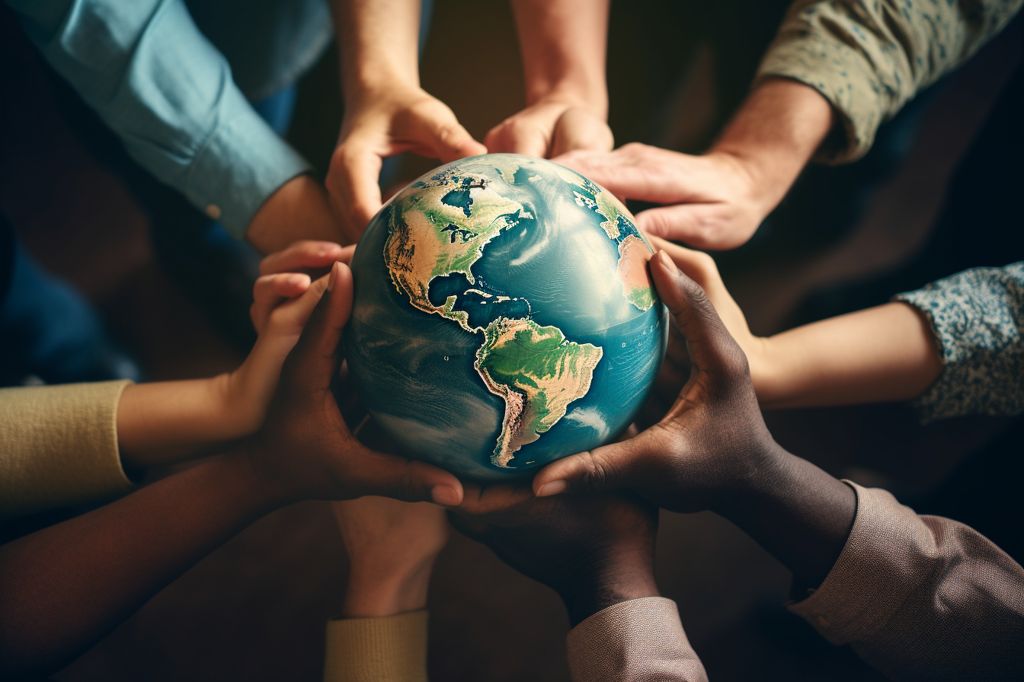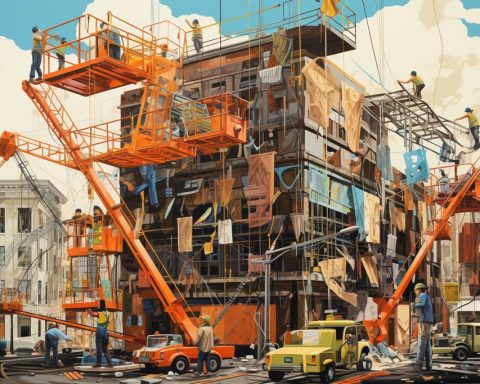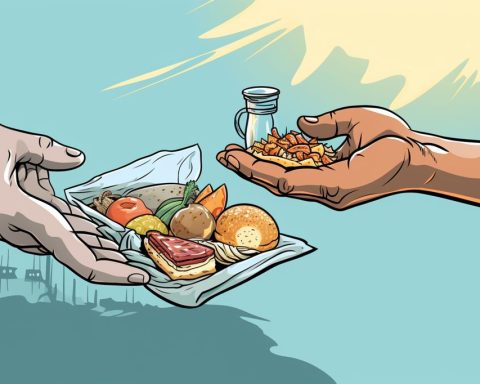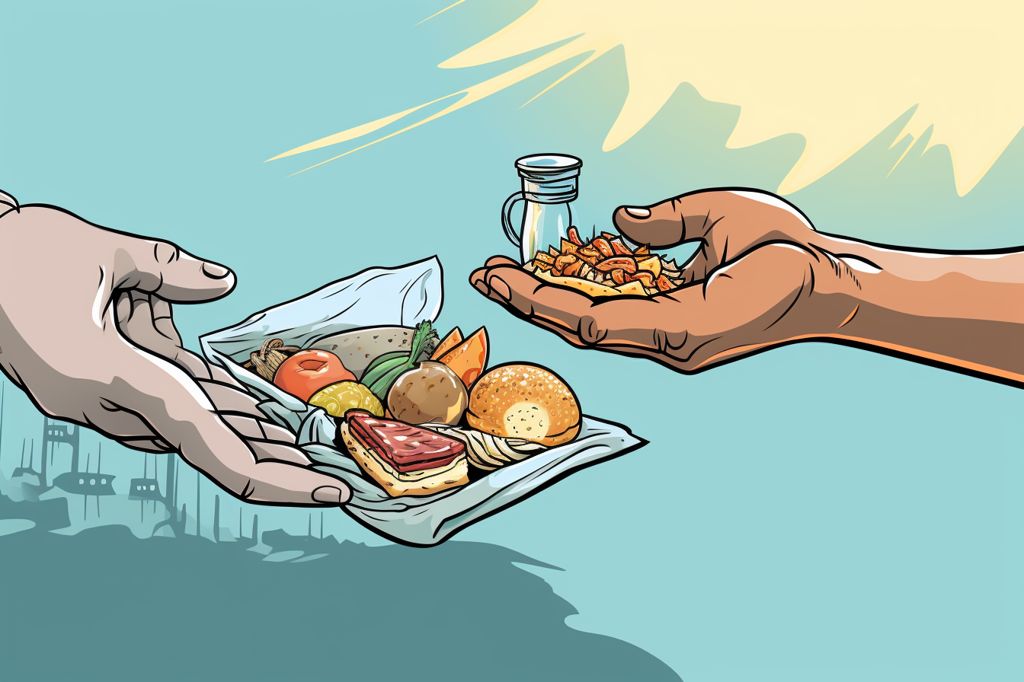In an effort to promote gender equality, the Commission for Gender Equality (CGE) in Mpumalanga has partnered with the provincial House of Traditional and Khoisan Leaders (HTKL). The two organizations signed a Memorandum of Understanding (MOU) to strengthen their working relationship and enhance their respective programs in the province.
Educating Communities and Eradicating Harmful Practices
The MOU aims to educate communities about the role and mandate of the CGE in promoting constitutional democracy and eliminating harmful cultural and religious practices that perpetuate gender inequality and oppression. This joint effort seeks to address the rights and interests of communities in both rural and urban areas, as outlined in Section 9(3) of South Africa’s Constitution.
Historical Significance and Enthusiasm
Kgoshi Lameck Mokoena, Chairperson of the HTKL, emphasized the historical significance of the collaboration and its potential to protect the rights and interests of communities. Commissioner Lindiwe Ntuli-Tloubatla expressed enthusiasm about the partnership, stating that it would pave the way for the two entities to strengthen their working relationship and develop a Plan of Action to enhance collaboration and communication.
Combining Efforts for Meaningful Change
The partnership combines the efforts and expertise of two influential entities with the common goal of achieving gender equality and fostering a more inclusive society. It presents a unique opportunity for progress in addressing deeply rooted cultural and social norms that have historically contributed to gender-based disparities.
Key Areas of Focus
Through the MOU, the CGE and the HTKL will focus on several key areas, including raising awareness about the importance of gender equality, implementing educational programs to inform communities about the CGE’s mandate, identifying harmful cultural and religious practices, encouraging active participation in the pursuit of gender equality, and collaborating with other stakeholders to strengthen their combined efforts.
A Promising Model for Fostering Gender Equality
The collaboration between the CGE and the HTKL in Mpumalanga offers a promising model for fostering gender equality in other regions. By bringing together organizations with diverse expertise, resources, and perspectives, the prospects for achieving lasting, meaningful change in communities throughout South Africa are significantly enhanced.












